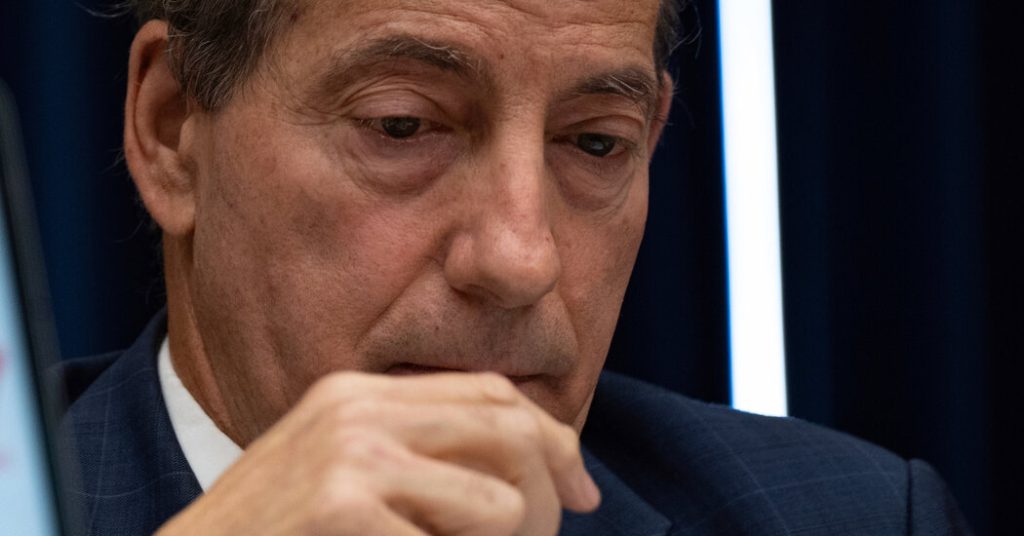The growing trend of violence and intimidation directed at public officials in the United States has become a new normal in society. Threats and harassment are increasingly common, with some officials receiving a significant number of menacing calls and messages every month. The issue has escalated to the point where physical risk has become a routine part of public service, driving some officials away from public life altogether. Data from the United States Marshals Service and the U.S. Capitol Police indicate a significant increase in threats to judges, prosecutors, and members of Congress.
Surveys have shown a rise in public support for politicized violence among both Republicans and Democrats, with extremist views fueling the barrage of threats. Incidents such as the mass shootings in Pittsburgh and Buffalo, as well as the riot at the U.S. Capitol on Jan. 6, 2021, exemplify the consequences of this volatile political climate. While actual acts of political violence in the U.S. are still relatively low compared to other countries, the credible threats have forced public officials to take extra precautions and alter their approach to their jobs.
Technology and social media platforms have played a significant role in amplifying threats and harassment, allowing anonymous individuals to target public officials with ease. Former President Donald Trump has been a key figure in inciting aggression towards judges and prosecutors, making personal attacks a common strategy throughout his career. The impact of online anonymity, misinformation, and conspiracy theories has made it challenging for law enforcement to identify the sources of threats.
Public officials at all levels have been forced to adapt to the changing landscape of public service, with some feeling reluctant to seek higher office or address controversial issues. Threats and intimidation have influenced decision-making among lawmakers, as some express fear for their safety if they go against certain political figures or movements. The climate of intimidation has also led to high turnover rates among election workers and an increase in security measures for public officials.
From death threats to bomb threats, the hostile environment facing public officials has become a significant concern for democracy and safety. The pressure on local officials, election workers, and librarians has escalated in recent years, with efforts to ban books and cancel events further fueling hostility. While prosecuting such instances can be challenging due to First Amendment protections, the impact on individuals’ mental health and overall well-being cannot be ignored.
The pervasive nature of threats and intimidation in American public life underscores the urgent need for action to protect those in public service. The rise of violence and harassment targeting officials of all levels highlights the fragility of democracy and the importance of addressing the underlying causes driving these attacks. With social media as a powerful tool for spreading hate and inciting violence, efforts to combat online extremism and foster civility in public discourse are essential moving forward.


